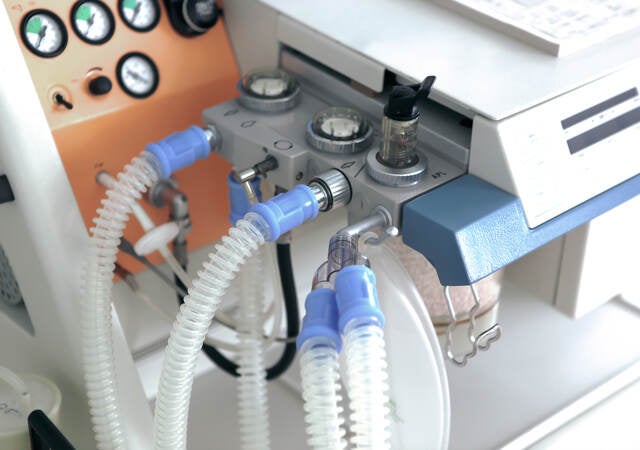October 23, 2024
You might have heard some rumors already: Several European parliamentarians sent a joint motion for resolution to the European Commission (EC). On October 21st, 2024, a European Parliament resolution “on the urgent need to revise the Medical Devices Regulation” (2024/2849(RSP)) was submitted to the EC.
In addition, the Heads of Medicines Agencies (HMA, heads of EU Competent Authorities responsible for the regulation of medicinal products) sent a letter to the Director General for Health and Food Safety (DG SANTE) of the EC expressing their concerns and stating that they “strongly believe that further legislative change must follow appropriate analysis, careful consideration, affirmation of core principles and impact assessment to avoid further unintended consequences.”
Why now?
The timing of these letters is not surprising; Each European policy and legislation needs to be evaluated after a certain period, to assess the performance of the policy/legislation and whether it meets the goals that had been set (these can be read in the recitals of the Medical Devices Regulation (MDR)). The evaluation is also an opportunity to look forward and revise policy planning as needed and take interventions if deemed necessary.
During the last Medical Devices Coordination Working Group (MDCG), which Emergo by UL’s European team joined on behalf of the European Association for Authorized Representatives (EAAR), the EC announced their strategy on how they will evaluate the MDR.
The overall timeliness for the evaluation was shared, as well as the goals, such as measuring effectiveness and efficiency, costs for stakeholders, call for evidence and public consultation, study on monitoring of the availability of medical devices and IVDs and more.
Based on the outcome of the evaluation, possible binding (legislative) actions can be taken to get back on track to meet initial goals of the MDR, such as described by the EC on their landing page:
“The priority was to ensure a robust, transparent and sustainable regulatory framework and maintain a high level of safety, while supporting innovation.”
What’s next?
Aside from the European Parliament and the HMA, other stakeholders have also expressed their concerns. With the evaluation of the Regulations, stakeholders present at Commission meetings as well as the public are invited to share their thoughts and experiences about the Regulations. The EC indicated to be aiming to issue the call for evidence and public consultation by the end of 2024. This gives manufacturers, patients, healthcare providers and other stakeholders the opportunity to comment. As indicated, along with the public consultation study, results of ongoing monitoring activities are included. By the of 2025, the results of the evaluation need to be published by the EC.
If these results strongly indicate that the goals of the MDR are not met, and there are ongoing issues such as described in the motion, the EC should act:
- “Disparities in access to medical devices persist across Member States, affecting patient care and leading to health inequalities”
- “Failures to achieve certification and approval of medical devices and in vitro diagnostic medical devices, particularly impacting small and medium-sized enterprises (SMEs), as well as resulting in shortages of medical devices and in vitro diagnostic medical devices, thus restricting patient access to innovative and life-saving therapeutic and diagnostic technologies”
- “Difficulties in navigating the complex regulatory procedures under the current MDR and IVDR framework”
- “Lack of harmonized procedures across Notified Bodies”
The outcome of the evaluation could potentially lead to a structural revision of the Regulations. Emergo consultants in Europe will provide further details as they become available.
Request more information from our specialists
Thanks for your interest in our products and services. Let's collect some information so we can connect you with the right person.







